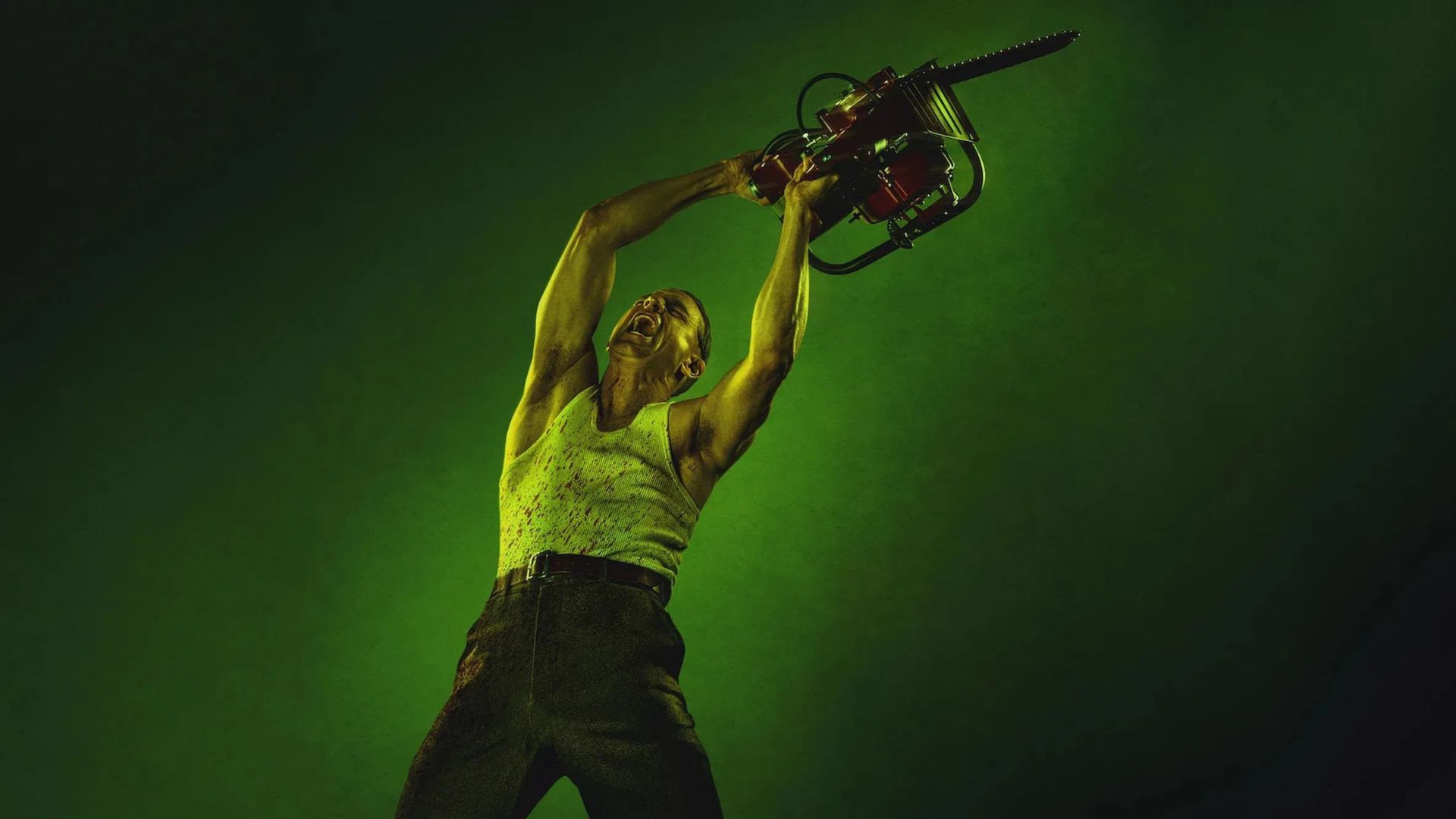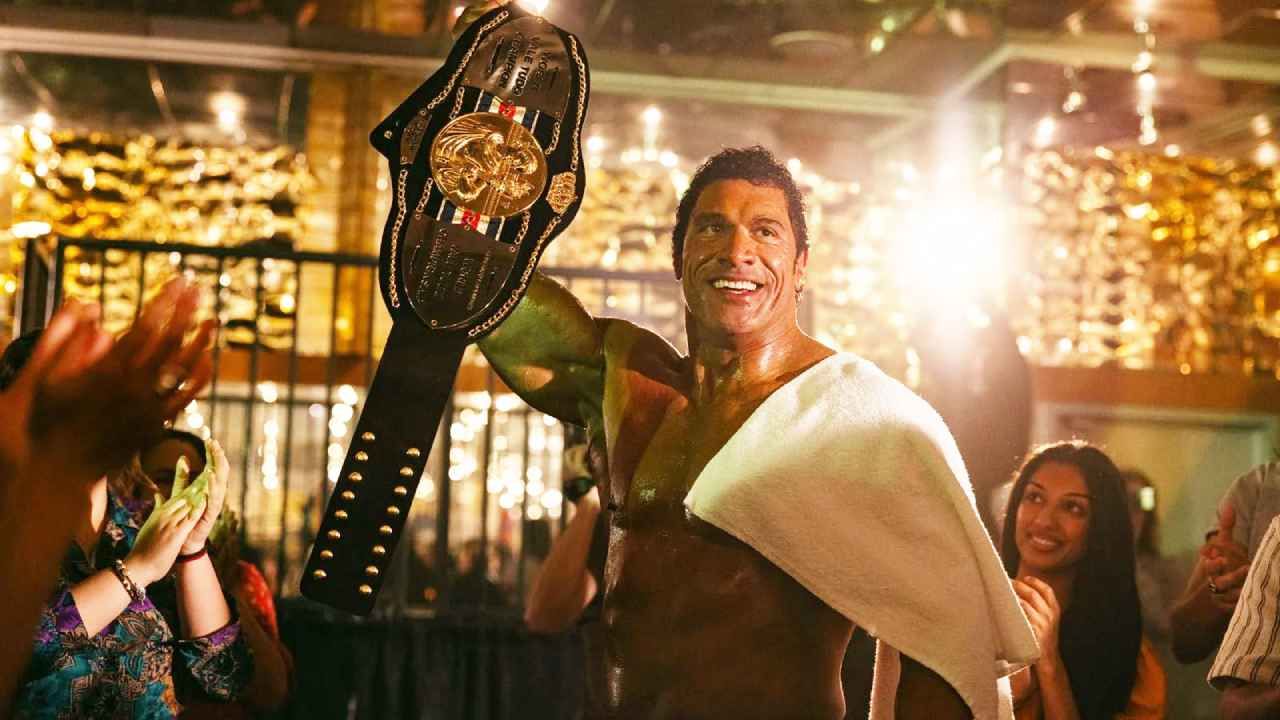The French duo celebrates the success of ‘Hyperdrama’, the tenth best album of 2024 by Rolling Stone Brasil; In an interview, the duo modestly summarizes their creative process and guarantees that the intensity of live is strange: “we are not stage animals”.
Gaspard Augé it is silent. He wears discreet glasses, says hello shyly at the start of the video call and keeps his microphone on mute Xavier de Rosnay assumes the answers during the almost 15 minute interview with the Justice.
Between a puff or two of his puff, de Rosnay modestly answers questions especially about a 2024 hyper for the French duo, with a hyperbolic audience and new classics added to the repertoire – a new climax for Justice, fruit of success Hyperdramahis fourth studio album and the tenth best international album of 2024, in the poll of Rolling Stone Brazil.
“We realized that the new songs worked too, as did the classics. It was a great sign,” guarantees de Rosnay.
Published nearly two decades after its raucous debut in Through (2007), Hyperdrama follows the sparkling disco-funk sound of the duo which alternates moments of experimentalism and accurate dance explosions. The result arrives on the slopes, as crowded and young as 20 years ago – something that, for both, they guarantee, will not get easier with time:
“It’s still a bit strange for us, because it’s not in our DNA to go out and perform on stage. We’re not stage animals,” admits de Rosnay. “It’s strange, but we love the result. And we always look good, feel good afterwards, because it’s a long preparation and it’s worth it in the end.”
The relationship with the live audience, the success Hyperdramathe production of iconic clips and expectations for a Brazilian show can be seen below, in Justice’s conversation with Rolling Stone Brazil:
Rolling Stone Brasil: I wanted to start by talking about music videos – about “Neverender,” which recently made Justice’s list of impressive videos. How do you think this visual expression of yours has evolved to get here?
Xavier de Rosnay: It hasn’t really evolved. For us, music videos have always been an excuse to try things. There’s really no continuity between the videos, each one is a different piece. Whenever we feel like we have something different to try, we always try. We don’t make music videos to promote songs because sometimes we make videos for songs that aren’t singles, we can do something that we know from the start won’t be seen by many people, like in “Stress” or “Generator”, for example . I’m not single, but then the idea comes to work on them and let’s do it. It doesn’t matter if he’s single. And when we do it singles it’s the same process. If we find an idea we like, we do it. So there is no evolution because there is no continuity. Let’s just try different things.
Rolling Stone Brazil: Also on Neverender we notice several references to 80s anime, Moebius… and it’s really very funny. How did you arrive at this concept and what was the creative process like?
Xavier de Rosnay: We wanted to do something that was reminiscent of the opening sequences of the anime we watched as kids. You know, like those first two minutes of the cartoons, which had the same song and all the best sequences from the anime seasons compressed into two minutes or one minute. So it was a mix of that and a lot of other things that come more from the Western tradition, like James Bond openings. And also several French artists, such as Moebius, and the science fiction comics of the 70s. So yes, that’s what we’ve condensed into this video.
Rolling Stone Brazil: Talking about your most recent album, Hyperdramayou’ve previously said that the album’s name is quite literal in offering this over-the-top, intense, fantastical music. Now, months after its release, how do you think the concept and album have been received?
Xavier de Rosnay: It was great, yes. The fact is that we only know part of the reception, because we don’t actually read the press. And we don’t spend much time on the Internet: I never access anything. So the feedback we get is just when we play shows and we see people who have an idea of what’s going on and so far it’s been great. But the thing we noticed is that the audience was renewed between this album and the last one. Now we see a lot of people who look like they are in their early twenties. Kind of like when we were in our twenties and were more interested in alternative moves. So we feel it [é] a growing part of those who go to shows, like the front rows for example, and also after the performances, when we high-five the audience and see them. Like when I go up [na grade]I always try to see who is there and the strongest guys stand out, because the people are much younger. Lots of girls too. So that’s what we noticed the most. And the other thing is that we started playing before the album came out and we realized that the new songs worked too, just like the classics. It was a great sign. And now that they are out, songs like “Generator”, “One Night/All Night” or “Neverender” are the peaks of the show, some of the climaxes. From this point of view it’s fine. I think the reception is excellent, I hope so.
Rolling Stone Brazil: Speaking of shows, it’s been a few months since the performance that marked the start of the Coachella tour. A huge debut, followed by an equally massive tour: their first album in six years. How do you feel now, getting back on the road with such a celebrated project?
Xavier de Rosnay: Everything is different, from now to the last time. It’s still a little strange for us, because it’s not in our DNA to go out and perform on stage. So to make everything look good we adapted a lot of the stage to ourselves. From the beginning we tailored everything to make us feel comfortable doing it. And the experiences were very concrete and abstract at the same time: concrete because it’s the only time you see people listening to your music and how they listen. Because when they listen to it on Spotify or somewhere else, you have no idea what they’re doing, how they listen to it, whether they listen to 15 seconds or the whole thing, or just the intros, or if they just put it in the background. When you’re on stage you see exactly what’s happening. This is the real and concrete part. The abstract part is the amount of preparation for such a short experience. What does a show give? An hour and a half at most. And as I said before, we are not stage animals. [Então] We try to stay focused on what we are doing. Very often the show stops for a minute because it gives us a white screen, we look at each other and then it’s over. “Are you done?” “He’s done.” And we don’t even notice the time passing. So it’s strange, but we love the result. And we always make a good impression, we feel good afterwards, because it’s a long preparation and in the end it’s worth it.
Rolling Stone Brasil: We know that innovation and diversity are central elements of your work and, in this sense, you don’t disappoint. In an age where references are everywhere and saturation seems to be the norm, how can we continue to create something truly new? Hyperdrama? What do you look for when you compose?
Xavier de Rosnay: I think we look for our own excitement first. And we always think that if it’s exciting for us, people will find it exciting and fun too. But we never think about whether people will like it or what they will think of it. And this explains why we do some things and no one cares: it’s happened in the past. So it’s really a defining issue and we have no control over it. So we just do what we think is fun and hope for the best. When people like it it’s great, otherwise we’ve done something we’re proud of and find exciting.
Rolling Stone Brazil: Finally, we were hoping to see you in Brazil in 2024, so I ask you right away: is Brazil on your radar?
Xavier de Rosnay: We are really trying and making plans to make it happen. The biggest difficulty with South America, or even Brazil, is that all the cities are really far away from each other. And our biggest enemy on tour is shipping. Because they are long and very expensive, it takes three weeks to move from one continent to another, things get lost, it’s a logistical nightmare. So we’re really trying to make it happen and we should know soon whether it’s going to happen or not.
Source: Terra
Earl Johnson is a music writer at Gossipify, known for his in-depth analysis and unique perspective on the industry. A graduate of USC with a degree in Music, he brings years of experience and passion to his writing. He covers the latest releases and trends, always on the lookout for the next big thing in music.

![Justice: “we only do what we think is fun” [ENTREVISTA] Justice: “we only do what we think is fun” [ENTREVISTA]](https://gossipify.com/wp-content/uploads/2022/04/Untitled-design-4.jpg)



![Un Si Grand Soleil Preview: Episode Summary for Tuesday, October 28, 2025 [SPOILERS] Un Si Grand Soleil Preview: Episode Summary for Tuesday, October 28, 2025 [SPOILERS]](https://fr.web.img2.acsta.net/img/cb/ba/cbba991ec6092b42c6fe91c18f33c426.jpg)

